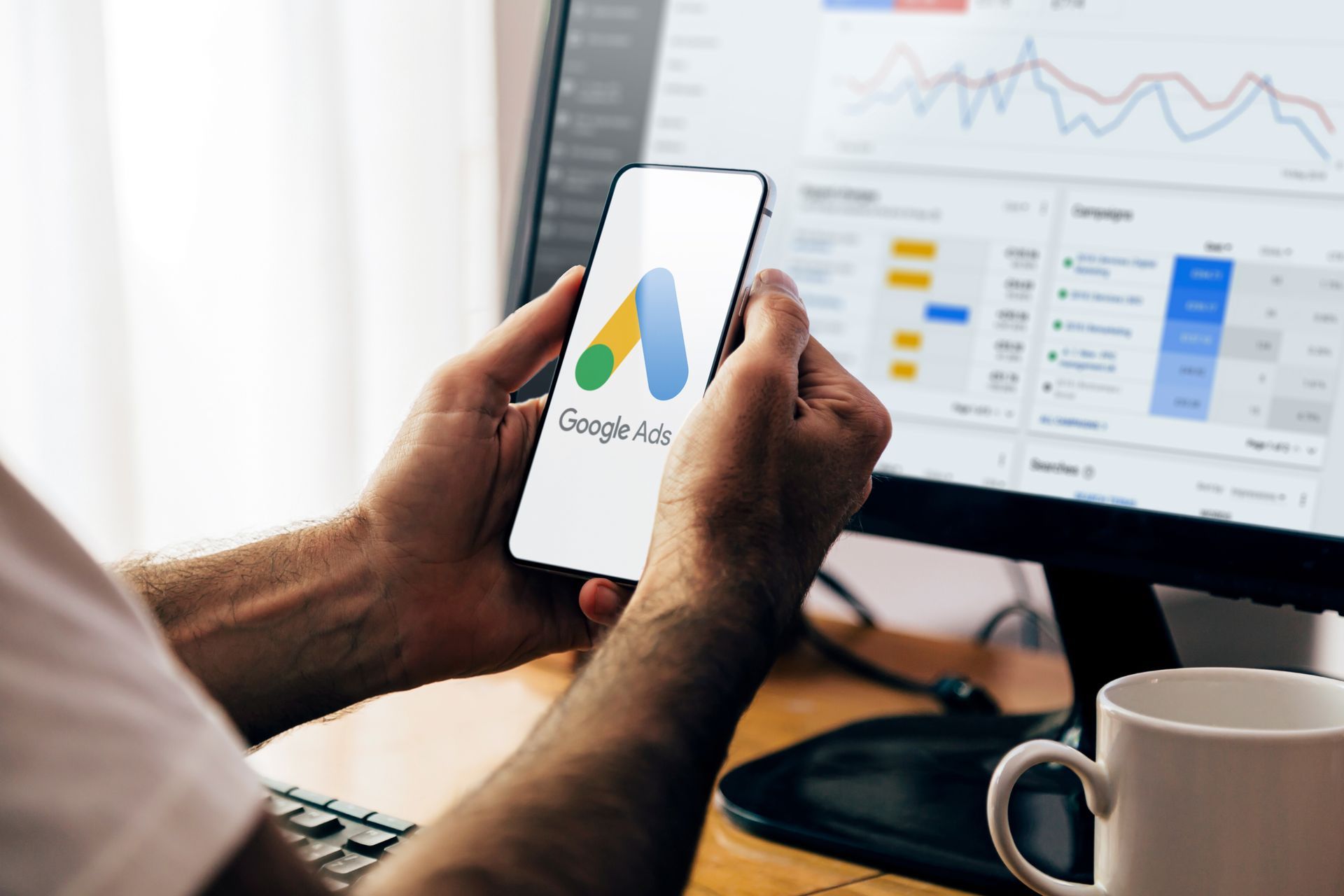The Ultimate Guide to Understanding Brand Bidding: Unleashing the Power of SEO and Online Advertising
The Ultimate Guide to Understanding Brand Bidding: Unleashing the Power of SEO and Online Advertising
In the fast-paced world of digital marketing, understanding brand bidding is essential for harnessing the power of SEO and online advertising. Whether you're a seasoned marketer or a business owner looking to expand your online presence, this ultimate guide will equip you with the knowledge and strategies needed to stay ahead of the competition.
Brand bidding, also known as brand keyword bidding, is the practice of bidding on keywords associated with your brand in online advertising auctions. By strategically bidding on these keywords, you can drive targeted traffic to your website and increase brand visibility.
In this comprehensive guide, we will walk you through the intricacies of brand bidding and show you how to maximise the potential of this powerful marketing tool. From understanding the different types of brand bidding to optimising your ad campaigns for better results, we will provide you with practical tips and techniques.
Whether you're looking to leverage the power of search engine optimisation (SEO) or want to enhance your online advertising efforts, this guide will empower you to make informed decisions and achieve your marketing goals. Get ready to unleash the power of brand bidding and take your online presence to new heights.
What is brand bidding?
Brand bidding refers to the practice of bidding on keywords that are directly associated with your brand or company in online advertising platforms. This includes bidding on your brand name, product names, slogans, or any other trademarked terms that are closely tied to your brand identity.
By bidding on these branded keywords, you can ensure that your ads appear prominently in search engine results pages (SERPs) when potential customers are actively searching for your brand. This allows you to maintain control over the messaging and positioning of your brand in the digital landscape, as well as prevent competitors from capitalising on your brand's reputation and visibility.
Brand bidding is a strategic approach that encompasses both search engine optimisation (SEO) and online advertising. It allows you to leverage the power of search engine marketing (SEM) to drive targeted traffic to your website, while also reinforcing your brand's presence and authority in the minds of your target audience.
The importance of brand bidding in SEO and online advertising
In the highly competitive world of digital marketing, brand bidding has become an essential component of a comprehensive marketing strategy. By investing in brand bidding, you can effectively amplify the impact of your SEO and online advertising efforts.
From an SEO perspective, brand bidding can help you maintain a strong presence in the organic search results. When your brand-related keywords are consistently ranking at the top of the SERPs, it reinforces your brand's authority and credibility in the eyes of your target audience. This can lead to increased brand recognition, higher click-through rates, and ultimately, more qualified leads and conversions.
In the realm of online advertising, brand bidding allows you to protect your brand's reputation and prevent competitors from capitalising on your brand's popularity. By bidding on your branded keywords, you can ensure that your ads are the first thing potential customers see when searching for your brand. This not only helps you maintain control over your brand's messaging but also allows you to drive more targeted traffic to your website, leading to a higher return on investment (ROI) from your advertising campaigns.

Conclusion: Leveraging brand bidding for maximum ROI
In the dynamic world of digital marketing, brand bidding has emerged as a powerful tool for businesses of all sizes to enhance their online presence, protect their brand's reputation, and drive sustainable growth. By strategically bidding on keywords associated with your brand, you can unlock a wealth of opportunities to improve your search engine rankings, increase website traffic, and ultimately, boost your return on investment (ROI).
Throughout this comprehensive guide, we've explored the intricacies of brand bidding, its importance in the context of SEO and online advertising, and the various strategies and best practices to maximise its effectiveness. From understanding the fundamentals of brand bidding to leveraging the right tools and platforms, we've provided you with the knowledge and insights needed to make informed decisions and achieve your marketing goals.
As you embark on your brand bidding journey, remember to approach it with a data-driven and adaptable mindset. Continuously monitor your campaign performance, optimise your strategies based on the insights gained, and be prepared to pivot as the digital landscape evolves. By doing so, you can ensure that your brand bidding efforts not only protect your brand's reputation but also drive tangible business results.
Embrace the power of brand bidding and unlock the true potential of your digital marketing efforts. With the right strategies and a commitment to continuous improvement, you can position your brand as a dominant force in the online marketplace, captivating your target audience and achieving sustainable growth for your business.














